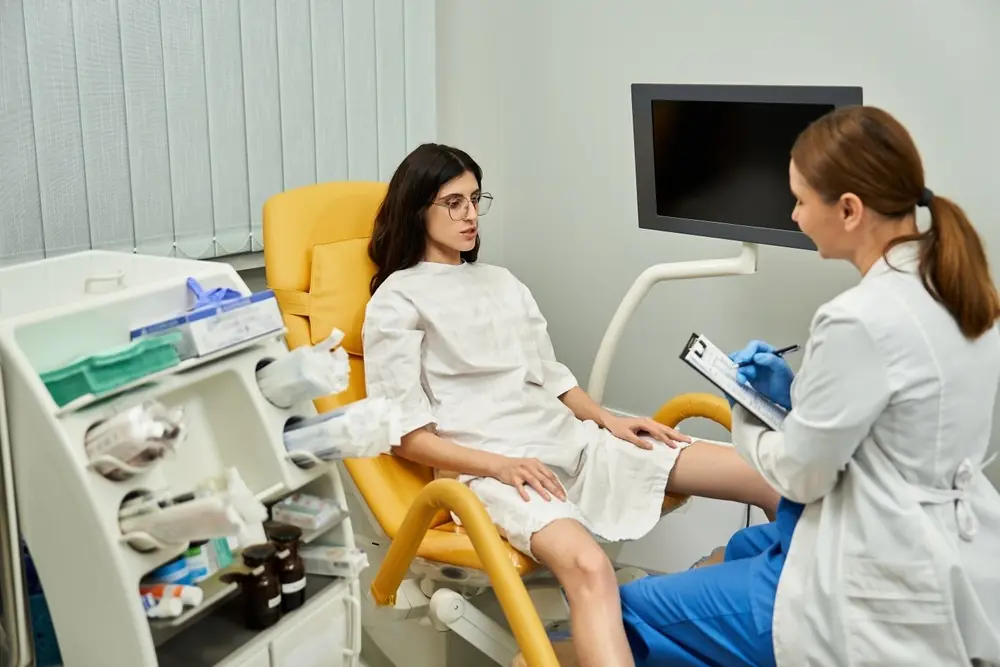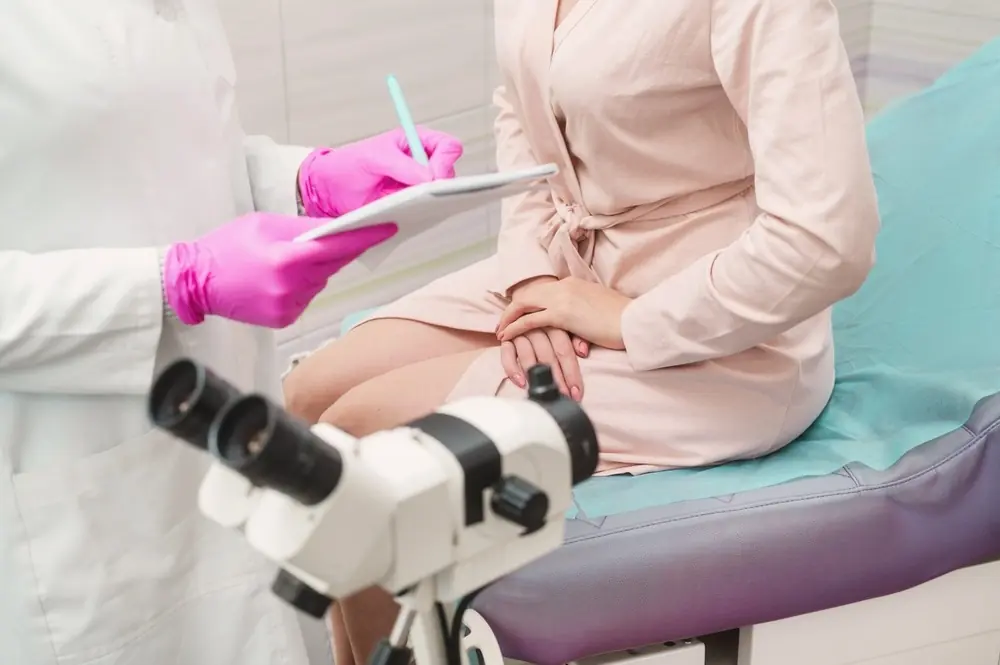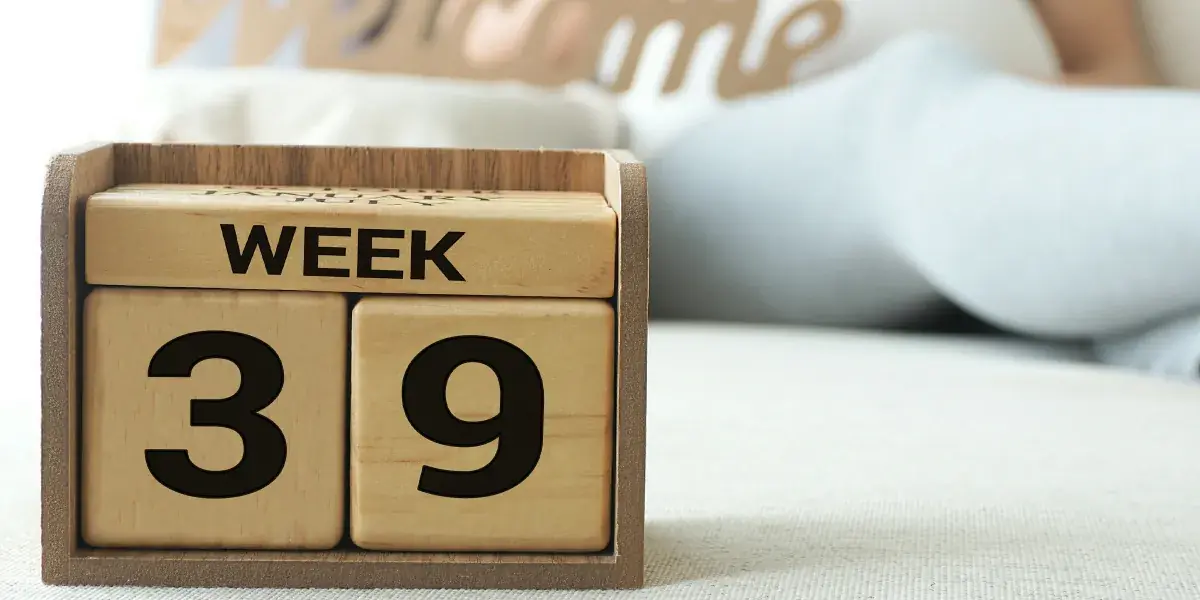No matter how many times you've been to the gynecologist, the experience often brings a mix of discomfort, nervousness, and in some cases, full-blown anxiety. It’s completely normal to feel uneasy - after all, these appointments are deeply personal and can stir up a range of emotions. But the good news is that there are practical ways to make these visits more manageable. With a little preparation and awareness of what to avoid, you can walk in feeling more confident and in control. Below is a helpful list of do’s and don’ts to guide you through your next appointment. Be sure to pass this along to the women in your life - it’s information we all need.
The Top 10 Do’s and Don’ts To Prepare for the Gynecologist
Whether it’s your very first appointment or your twentieth, let’s face it - going to the gynecologist is rarely something anyone gets excited about. Lying back under bright lights while someone examines your most personal area with chilly instruments in an even colder room isn’t exactly anyone’s idea of comfort. On top of that, you might be arriving with questions or concerns about your reproductive health, which only adds to the unease. That combination of physical vulnerability and emotional stress can make the whole experience feel overwhelming.
But here’s the truth: while skipping these vital check-ups isn't an option - and shouldn't be - there are simple, practical things you can do to make the visit far less intimidating. A little preparation goes a long way. Review the tips below before your next appointment to make things smoother, more comfortable, and more empowering - for both you and your gynecologist.
1. Don’t Empty Your Bladder Right Before Your Appointment
Nervous energy can send you running to the bathroom, but resist the urge. Unless you're bursting, try to hold off. There's a good chance your gynecologist will ask for a urine sample to check for things like urinary tract infections (UTIs), pregnancy, or STIs.
Having an empty bladder can make providing a sample difficult and delay important testing. If you think you'll struggle to “go on command,” drink a bit of water about 30–45 minutes before you arrive.

2. Avoid Intimate Activity the Night Before
It’s best to skip any form of intimacy for at least 24 hours before your appointment. Why? It can temporarily affect your v:aginal environment and interfere with lab results such as Pap smears and swabs. Even if you used a condom, spermicides or lubricants might still alter pH levels.
Abstaining gives your doctor a clearer picture of your natural reproductive state and leads to more accurate assessments.

3. Don’t Overdo the Grooming
Whether you shave daily or prefer to leave things natural, know that your doctor truly doesn’t care. What they do care about is your comfort and health. Grooming right before your visit can cause skin irritation or microtears that make the exam more uncomfortable - and potentially affect your results.
If you want to tidy up, do it at least 24 hours ahead of time. Over-grooming the night before? Not worth it.

4.Try to Avoid Going During Your Period
Unless you’re visiting because of issues with your cycle, it's better to schedule your appointment outside of your period. Menstrual blood can make Pap smears and internal exams harder to interpret, and you might feel more bloated or sensitive than usual.
And don't forget: You’ll have to remove tampons or menstrual cups before the exam - adding one more awkward step to an already intimate process.

5. Bring a Written Copy of Your Medical History
Under stress, even the most basic health facts can slip your mind. Take a few minutes before your appointment to jot down:
-
Your current medications
-
Any allergies
-
Past surgeries
-
Previous diagnoses or concerns
-
Birth control methods
-
Family history of reproductive issues
This helps your gynecologist tailor the appointment to your specific needs and speeds up the process.

6. Come Prepared with Questions
Even if you’re there for a routine check-up, your gynecologist is the perfect person to ask anything about your reproductive or hormonal health. Write your questions down ahead of time - especially those you might feel awkward saying out loud.
“The only bad question is the one you don’t ask.” Your doctor is a professional, not a judge.

7. Don’t Trust Dr. Google Too Much
It's tempting to search your symptoms ahead of time, but it can cause unnecessary panic or confusion. Online forums and articles often lack nuance and may not reflect your unique situation.
Use the internet to inform your curiosity - not to self-diagnose. If something is bothering you, bring it up during your appointment instead of spiraling into online speculation.

8. Practice Relaxation Before You Go
Anxiety and fear can make physical exams more uncomfortable than they need to be. Tensed muscles can make internal exams more difficult for your doctor and more painful for you.
Before your appointment, try some deep breathing, grounding exercises, or calming music. If you suffer from severe medical anxiety, let the staff know. Most providers are understanding and can slow down or explain each step as they go.

9. Don’t Be Afraid to Bring Support
You don’t have to do it alone. If the thought of your appointment makes you anxious, ask someone you trust to accompany you. A supportive friend, sister, or partner can help calm your nerves in the waiting room.
Even if they can’t come into the exam room with you, knowing they’re nearby can make a big difference. Plus, you’ll have someone to debrief with afterward if you need emotional support or just someone to talk things over with.

10. Be 100% Honest About Your Symptoms
It’s tempting to downplay or ignore symptoms you think are “no big deal” - especially if they’re embarrassing or hard to explain. But leaving things out can delay diagnoses or lead to inaccurate treatment.
Whether you’re experiencing discomfort during intimacy, unusual discharge, fatigue, or something as vague as pelvic pressure, say something. Your gynecologist has heard it all and wants to help you feel your best - not make you feel awkward.

The Bottom Line: Preparation = Power
A trip to the gynecologist may never be your favorite activity - but being well-prepared can turn an uncomfortable necessity into a manageable and even empowering experience. A little planning makes the visit faster, smoother, and more productive for both you and your doctor.
So before your next appointment, revisit this list, breathe deeply, and remind yourself: you’re taking control of your health - and that’s something to be proud of.


































